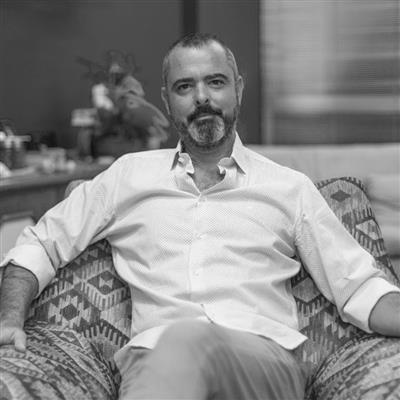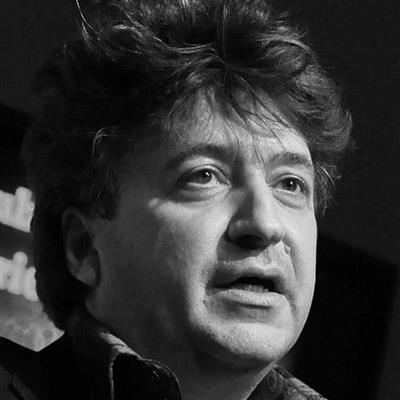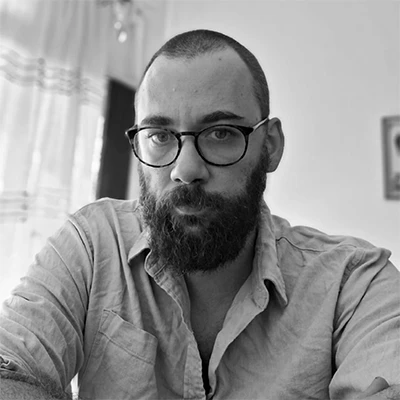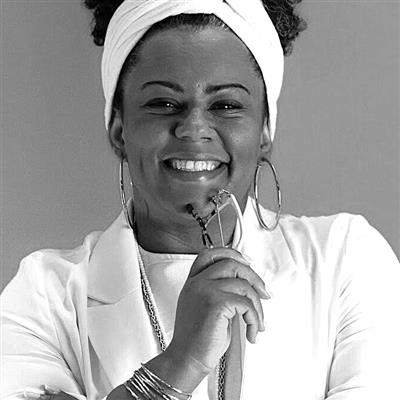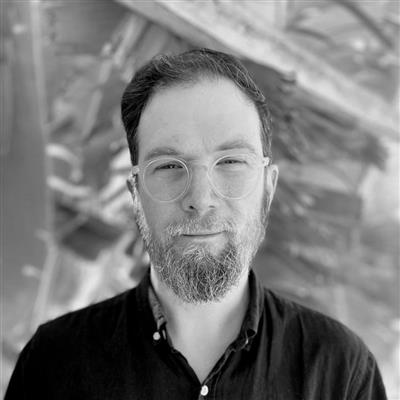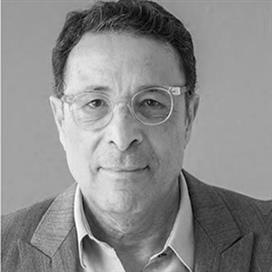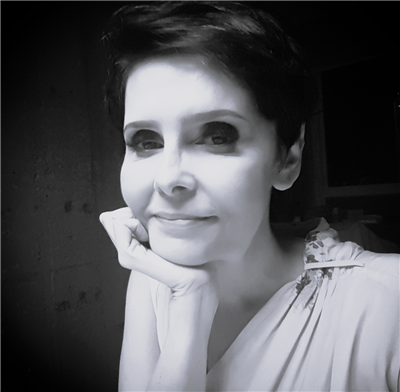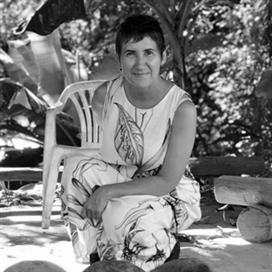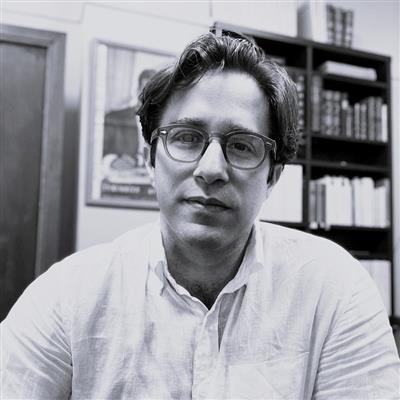You have a clinical practice. You want to study, from a new perspective, the foundations of psychoanalytic technique and the key issues of clinical work. You are committed to taking part in a living and contemporary psychoanalysis—open and non-dogmatic. You are looking for a high-quality formation with students and teachers from around the world, in a welcoming and stimulating environment. Then this formation is for you.
*to be confirmed
This formation is intended for individuals with clinical experience. Throughout the program, students will receive instruction from a team of professors from around the world. All professors are highly recognized professionals in their respective fields. The student cohort is also composed of people from diverse regions of the world, offering a unique dynamic and exceptional openness.
Over the course of this one-year program, students will engage deeply with the core issues of clinical work, as well as the foundations of psychoanalytic technique and ethics, viewed through the lens of the contemporary world. The formation is structured around theoretical contributions, teachings based on clinical experience, and the practice of fundamental and/or applied research.
This program, like the International Institute of Psychoanalysis itself, is committed to a decolonial approach.
At the IIP, we offer studies and readings led by 10 professors from different nationalities, backgrounds, and trajectories. Our goal is to provide a comprehensive and rigorous psychoanalytic formation, as well as to support activities in the fields of research, social engagement, and publishing. We also work at theoretical intersections with other areas of knowledge: the humanities, social sciences, exact sciences, and the arts.
The International Institute of Psychoanalysis offers an innovative and diverse proposal whose scope reaches beyond geographical borders and psychoanalytic schools. We enjoy and are open to contact and partnership with professionals from other trajectories while we work independently of other official organizations.
Zaíra RochaBrazil - Student of the 22/24 IIP formation
Hi! My name is Zaíra, I’m a psychologist joining the IIP formation. I got to know the IIP through my supervisor who is also a professor at the Institute, and I was amazed by the inclusion politics, the quality of the professors and the themes approached during the formation. I’ve been in other schools and institutes and I can say it’s the place where I felt the most welcome and heard. I feel better prepared for clinical practice and I recommend it to people who, like me, are looking for a space with quality formation.
Chris NelsonUSA - Student of the 23/25 IIP formation
My formation with the IIP was a kind of (de)formation, whereby I was able to deconstruct and challenge psychoanalytic norms and Lacanian orthodoxies that had hindered my clinical practice. The IIP is a safe, open and intersectional community to find your own way and style in both the theory and practice of psychoanalysis. I highly recommend it.
Axelle TrincheroFrance - Student of the 22/24 IIP formation
When I entered the IIP I knew that the formation would be highly professional and with solid ethical values, but I couldn’t imagine its pertinence, its richness, and the joy that would cheer me up when listening to all the professors within their singularity, their humility, and their taste for psychoanalysis, communicating us their research and their passion, to sum up: their desire. I learn in every class, I also face difficulties (a formation that flies high), but in general I’m pleased to apprehend a decolonized psychoanalysis, to work, to inform myself, to learn and to unlearn, to relearn and to take the time to digest while discussing with my formation colleagues. The cultural abundance that emerges is a real source of inspiration. The IIP is a passionate encounter, like meeting a work of art, an artist, a poet, with so many curiosities to discover, to be astonished and marveled. One doesn’t leave the formation the same way they started, that’s for sure. It’s a real joy to be able to embrace the opening that this “IIPesque” adventure brings us, and thereby apprehend ourselves differently.
Kelly Keity SilvaBrazil - Student of the 22/24 IIP formation
Taking part in the IIP formation has introduced me to a new experience of psychoanalysis. Being among such diverse people and listening to voices that are also heterogeneous, talking about psychoanalysis from their unique trajectories makes me comfortable to also find the space to be diverse and to create my own path throughout psychoanalytic studies and practices. The classes and professors create an environment in which there’s space for emptiness and a bit of anxiety that accompanies those who propose to venture into the psychoanalytic (not) knowing, encouraging us but also welcoming us.
Carol SuarezBrazil/Canada - Student of the 23/25 formation
My experience in the IIP formation has been truly transformative. Coming from a Legal background, I found in psychoanalysis, especially in the in-depth study of Lacan, a new way to understand the complexity of the human being and their relationships. The IIP provided me with a rigorous and welcoming study environment, where I could delve into concepts that were once distant to me, but now prove to be essential for my practice and my life. With each class and each reading, I feel my worldview expanding and I am walking a path of deep and meaningful discoveries. I recommend the IIP formation to everyone seeking a serious and passionate immersion into the universe of psychoanalysis and who wish to experience changes as profound as the ones I am undergoing.
Manali Arora - India - student of the 23/25 IIP formation
The IIP is aware of the discussions on accessibility and has been working with the implementation of actions to welcome subjects in their most diverse specificities since its foundation. We sustain permanent efforts to promote a transmission of psychoanalysis which takes into consideration specific manifestations of communication. All our events are translated into Brazilian sign language on demand. We are also attentive to the inclusion of people with any level of visual impairment, investing on research and provision of audio description of all our contents.
1
2
3
The IIP offers scholarships for specific situations, aiming to reach a broader transmission of psychoanalysis.
People from all nationalities can apply for a scholarship.
We reserve a part of our scholarships for candidates with special motor, sensory or multiple needs. We reserve a part of our scholarships for candidates coming from public schools and for people who identify themselves as Black, Brown, or Native.
We reserve a part of our scholarships for applicants who are from underrepresented groups and/or LGBTQIA+.
Applications for scholarship must be sent from 9/1/25 and by 9/8/25. The results will be shared on 9/15/25.
©2025 - International Institute of Psychoanalysis
1. Presentation and introduction class
1h30 of live class
2. Supervision
13h30 of live research encounters
Supervision, also referred to as control, has been one of the fundamental pillars of psychoanalytic practice since its inception. It is easy to show that a psychoanalyst cannot, under any circumstances, forgo this practice. This pillar, as we know, is closely linked to personal analysis and the ongoing training of the clinician. In this program, we invite students to experience this practice within the framework of a small group. This group supervision does not replace individual supervision, of course. However, it is a rich and fruitful modality that has existed since Freud. Each student will be part of a group that meets once a month. At each meeting, one of the members will present a clinical case that will serve as the basis for the supervision session. Each group will be accompanied by a professor or IIP member who will serve as the supervisor.
3. Research
13h30 of live research encounters
At the IIP, we consider research activity to be fundamental to the practice of psychoanalysis. Each person, from their own position, can and should participate—each in their own way and with their own style—in the advancement of psychoanalysis through this endeavor. We invite students in this formation to take part in a research group. This group will meet once a month and will be accompanied by a professor or IIP member. Within this small unit, each participant will be invited to develop a personal research question that will accompany them throughout the course of the formation. Everyone will also be invited to share within the group the current state of their individual research process.
Although this is an individual research project, it can only take place within a working community. That is the aim of this moment of formation.
4. Lacan, Back to the Future: implications of the topological paradigm
12h of live class
“Lacan, Back to the Future” proposes a temporal shift in psychoanalytic teaching, bringing to the clinic the current situation and the rupture represented by the “last Lacan” and the possible advances from him.
We propose an immersion in which the foundations of mathematical topology and the theoretical-clinical demands of psychoanalysis are intertwined in an unprecedented way.
The approach of the Borromean knot as a paradigm of psychic plasticity establishes the basis for understanding the dynamics of the Real, the Symbolic and the Imaginary.
The course methodology combines conceptual presentations and case analysis, integrating mathematical rigor and clinical sensitivity. In this way, participants learn to apply topology as an innovative tool, applying mathematical concepts to inaugurate listening practices that consider subjective complexity in all its plasticity.
Professors: Jed Wilson (USA), Marta Marciano (Brazil) & Mônica Godoy (Brazil)
5. Construction of clinical case
13h30 of live class
The construction of clinical case is a practice that is at the very heart of the history of Freudian discovery. This course is therefore part of this long tradition inseparable from the ethics of psychoanalysis. In this course, each month, one of the professors of the IIP will present in a narrow way a clinical situation resulting from his own analytic practice. It will be for him/her to show and demonstrate the possible construction of the case and extract from it his/hers own invention, between the structure and the singularity. Ample space will be reserved for discussion and debate following this clinical presentation.
Professors: Ceren Korulsan (Turkey), Dany Nobus (UK), Gabriel Tupinambá (Brazil), Jalil Bennani (Moroccos), Jaque Conceição (Brazil), Jed Wilson(USA), Marta Marciano (Brazil), Mônica Godoy (Brazil), Nicolas Tajan (France/Japan)
6. Psychoanalytic technique
13h30 of live classes
For the psychoanalyst, as for the artist, the problem of method articulates itself as a discourse on technique: not a codified set of procedures, but a living garland of questions, the fundamental paradoxes that each analyst must confront in their own way. In this seminar, we will put psychoanalysis itself into question; as a necessary consequence we will be put into question as well. From where in our being do we inaugurate the analytic function? How do we bring a rigorous reading to the case without violating the singularity that is at the heart of every analytic treatment? Down such avenues of curiosity and perplexity, we will pursue the essential ethical and epistemological problems of the practice of the psychoanalytic art.
Course schedule:
- On beginnings
- Maneuvering within the transference
- Reading the structure
- On repetition, fantasmatic and otherwise
- What does it mean to interpret?
- The question of online and hybrid treatment
- Analysis of children and adolescents
- Analysis of adults and elders
- On endings
Professor: Jed Wilson (USA)
7. The opening of Lacan's last seminars
13h30 of live classes
For several decades Jacques Lacan will provide a teaching, especially during his Seminar. He will say repeatedly: he does not seek to transmit a knowledge. His Seminar is a space for a psychoanalyst to say, in the position of an analysand.
Lacan closes his text “Psychoanalysis and its teaching” with the following words: “A return to Freud, which provides the material for a teaching worthy of the name, can only be produced by the pathway by which the most hidden truth manifests itself in the revolutions of culture. This pathway is the only training that I can claim to transmit to those who follow me. It is called: a style.”
Teaching: insignis in Latin; what is marked with a sign.
What sign and what style is this Seminar about?
To explore these questions, we propose to study rigorously during this year, at each month the first sentence(s) of a Seminar. We will start with the Seminar 20th and continue like this, chronologically, until the 27th. This proposal will certainly be the opportunity to trace a possible path within this teaching.
Professor: Benoît Le Bouteiller (France/Brazil)
-
September 25
19, 20, 26, 27 -
October 25
3, 10, 11, 17, 18, 24, 31 -
November 25
1, 7, 8, 14, 21, 22, 28 -
December 25
5, 6, 12, 13, 19, 20 -
January 26
9, 10, 16, 23 -
February 26
6, 7, 20, 27 -
March 26
6, 7, 13, 14, 20, 27 -
April 26
10, 17, 18, 24, 25 -
May 26
8, 9, 22, 29, 30 -
June 26
12, 13, 19, 20, 26 -
July 26
Conclusion projects -
August 26
Conclusion projects
Please note that dates are subject to change
